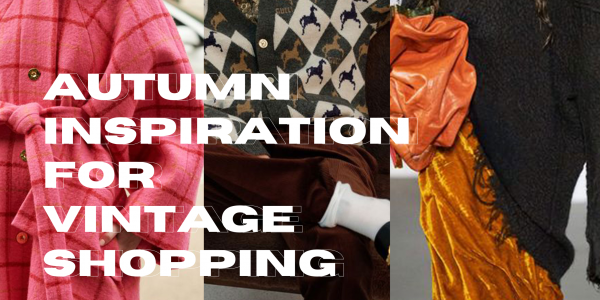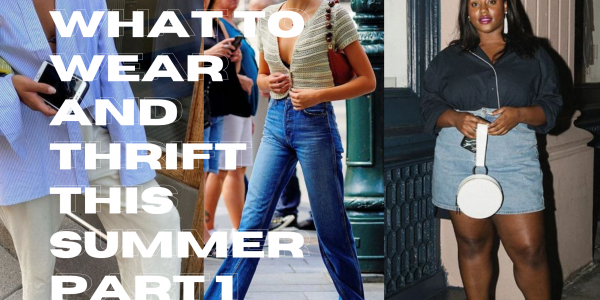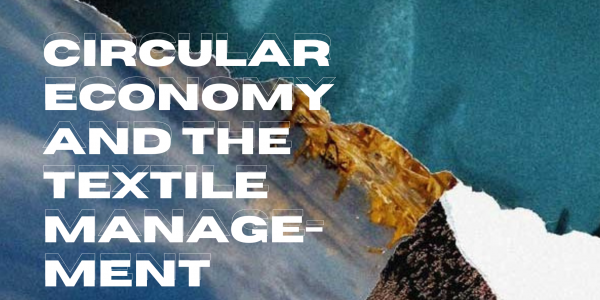Your cart
There are no more items in your cart
Blogposts
Year after year autumn allows us to reinvent ourselves and lends us the playground to experiment with our outfits. There are endless possibilities with different textures, layers, and fun accessories. Dive into the new season with enthusiasm and curiosity. Here are a few examples of what's trending again :)
Look for bold prints, leather, rich colours, structured fits, long silhouettes, and gingham.
The best part is that you can find all of the pieces second-hand! Go on a thrifting adventure with us - here we selected items to help you acquire the look of the season. Browse for an easier shopping experience
But most importantly - don't forget to have fun!
read more
We asked our favourite stylist Viltė Kinderevičiūtė a few questions about fashion and buying second-hand. Take a look!
read more
If you can't figure out what to look for when thrifting - look no further! Here you'll find a few examples of outfits and what to look for to achieve your wanted summer aesthetic when shopping at Think2.eu!
read more
The management of used textiles is currently experiencing a crucial moment. European Humana People to People movement organizations have been insisting for years that time is pressing, given that in 2025 the selective collection of the selective collection will be mandatory in all municipalities, according to the Agenda of the EU.
read more





